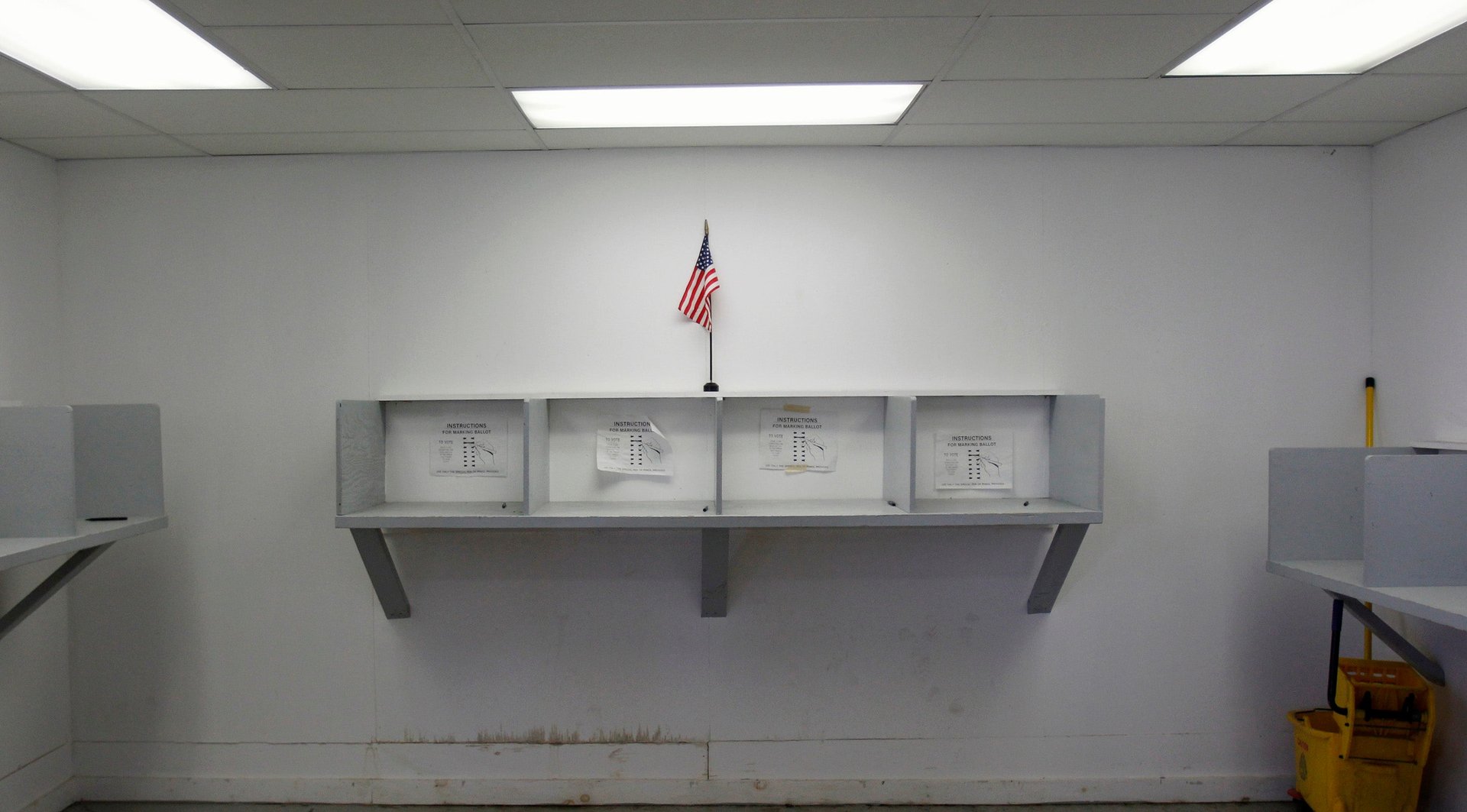To end American poverty, we must make voting mandatory for everyone
Shhh—can you hear the collective whisper of the poor and working-class moderates at the ballot box? Thought not.


Shhh—can you hear the collective whisper of the poor and working-class moderates at the ballot box? Thought not.
Despite years of business development, public policy squabbles and private money injections, a tradition of systemic poverty persists. Fixing it will require a monumental and multi-pronged effort, including raising the living wage, better job training programs and initiatives that better allow Americans earn and accumulate assets.
Currently, this may not be possible. The US Supreme Court’s Citizens United ruling has allowed a few rich voices to drown out the working class and impoverished, resulting in unintentional voter suppression disguised as free speech. The Supreme Court’s decision regarding campaign spending and contributions grants the well-to-do an unfair advantage over the not-doing-so-well at election time. Meanwhile, the increasing influence of corporate and special-interest money casts a shadow of corruption across the democratic landscape.
Decreasing systemic poverty requires all eligible citizens to vote—by law.
While mandating suffrage is not a novel concept, neither is compelling citizens to act in ways considered fruitful for the betterment of society. According to the Associated Press, more than 20 countries maintain some form of mandatory voting system. In the United States, childhood education, taxes, jury duty, and healthcare are all mandated activities considered fulfilling one’s civic duty.
President Obama told a Cleveland crowd in March, “It would be completely transformative if everybody voted. If everyone voted, it would completely change the political map in this country.”
He’s not wrong.
As we being to rev up up for a new presidential election cycle, why shouldn’t voting, a US citizen’s most precious right, be legislatively mandated as a civic duty as well?
Consider: National voter turnout over the past 12 years has averaged below 60%. During the recent Chicago mayoral election, less than 35 percent of registered voters went to the polls. Voter abstention is fuel for a fire of oppression, a fire that leaves a path of destroyed social and economic aspirations in its wake. Citizen’s United provides even more gasoline for this fire, further impeding our ability to choose our own destiny. Now more than ever, we, as citizens, must do our part to hold elected officials accountable, but we can’t do this if we stay home.
Mandatory voting would:
- Compel political campaigns to appeal to a broader spectrum of the electorate, including the poor
- Minimize the influence of PACs and Super PACS
- Allow a candidate’s platform to drive special interests, rather than special interests drive a candidate’s platform
- Render expensive “attack ads” irrelevant
- Decrease the costs of running for office
- Decrease the role of money in elections
It is no coincidence that poverty rates are often highest where voter turnout is low. In 2014, only 35.6% of Baltimore City’s voters turned out to vote in the gubernatorial general election. The Atlantic’s Daniel Weeks noted that “a slew of practical barriers continue to stand in the way of full and equal exercise of the franchise.”
The truth is, the right to vote has been compromised for those whose income doesn’t afford reciprocal access to elected officials. Mandatory voting would serve as a powerful counterpunch to the court’s decisions on campaign contributions, resulting in a more focused and sincere effort to mitigate poverty and provide viable solutions to systemic systems of inequality and oppression.